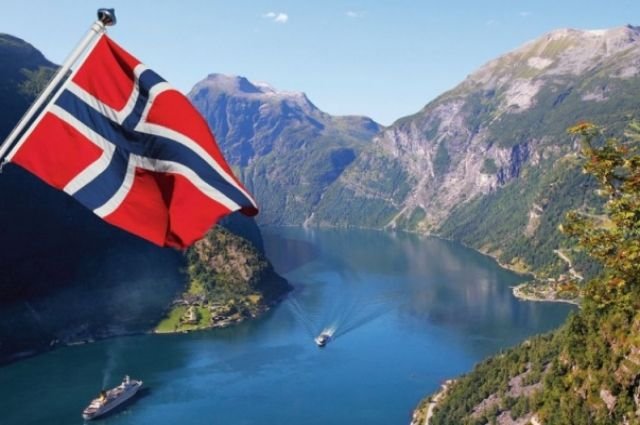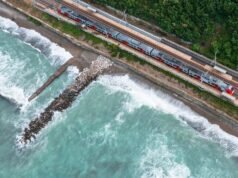Norway has introduced additional sanctions in response to Russia’s illegal attack on Ukraine. The new sanctions encompass restrictive measures prohibiting the transport of goods by road by Russian transport operators and access to ports of vessels registered under the flag of Russia.
‘Sanctions are the most important tool we have for putting pressure on the Russian regime. It is essential that we act in concert with the EU and other countries to continue to reduce Russia’s ability to finance the war in Ukraine,’ said Minister of Foreign Affairs Anniken Huitfeldt.
‘We know that sanctions are most effective when many countries introduce the same restrictions. Norway is now implementing the EU’s fifth and most recent package of sanctions, and we now have an effective legal framework in place,’ the Foreign Minister said.
The amended legal framework still allows Norway to maintain cooperation with Russia on the sustainable management of joint fish stocks and marine ecosystems, cooperation on search and rescue, and uphold its international obligations under the Svalbard Treaty.
‘The Government has maintained a clear policy throughout this crisis that we will stand together with our neighbouring countries and the EU to ensure that the sanctions hit hard and make an impact. We are doing precisely what we stated we would do: closing our ports to vessels registered under the Russian flag but continuing to allow fishing vessels to have access. It is important for Norway to safeguard fisheries cooperation in the Barents Sea and bilateral cooperation on search and rescue operations. The ban on access to ports does not apply to Svalbard due to specific considerations,’ said Minister of Fisheries and Ocean Policy Bjørnar Skjæran.
Starting on 7 May 2022, vessels registered under the Russian flag will be banned from entering Norwegian ports. The ban applies to ships of 500 gross tonnage and beyond sailing commercially in international shipping, yachts and recreational craft or personal watercraft. The ban does not encompass fishing vessels and will normally not apply to vessels being used for search and rescue or research activities. The ban is being implemented at Norway’s mainland ports.
‘A ban on access to ports for Russian vessels and on transport of goods by road for Russian transport operators may have an impact on the flow of goods between Norway and Russia and will affect individual Norwegian businesses,’ said Mr Skjæran.
Since fishing vessels are not encompassed by the new sanctions, they will continue to have access to Norwegian ports. This means that Russian fishing vessels may call at Norwegian shipyards, for example, provided that no other sanctions prohibiting this apply.
The ban on goods transport by road applies to road transport undertakings established in Russia, and entered into force immediately. For the transport of goods that started before 29 April, the ban will not apply until 7 May, subject to certain conditions.
The ban does not apply to mail as a universal service. In addition it will be possible for transport undertakings to apply to the Ministry of Foreign Affairs for authorisation for transport of certain items, such as medical and agricultural products. A list of the items for which authorisation may be granted is included in the regulations.







